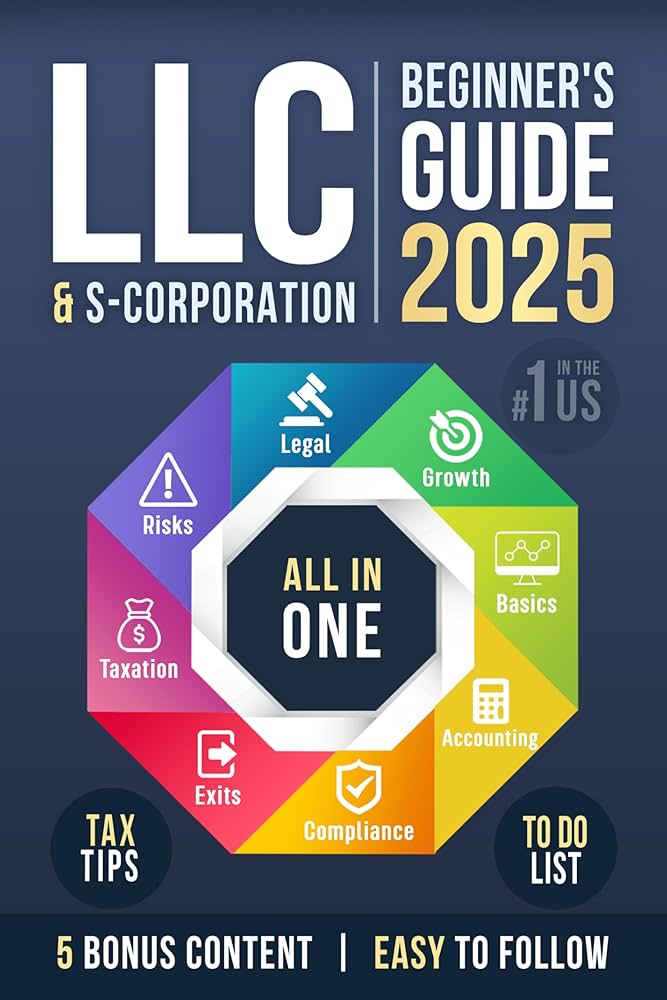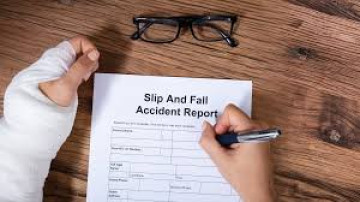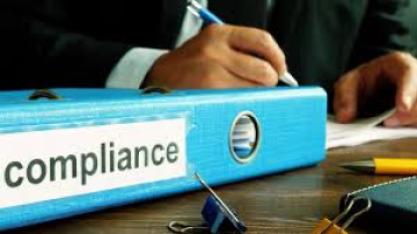Avoiding Personal Liability in Business: Essential Strategies for Entrepreneurs
In the dynamic world of entrepreneurship and business management, protecting your personal assets from business liabilities is paramount. One of the fundamental principles that shield business owners from personal liability is the proper separation of personal and business finances. Failing to maintain this separation can result in the loss of limited liability protection, exposing owners to significant financial risks. This comprehensive article explores the critical importance of avoiding personal liability in business, the risks of commingling finances, and practical steps to safeguard your assets while ensuring your company's legal integrity.
Understanding Personal Liability in Business
Personal liability refers to the legal obligation of an individual to pay debts or damages out of their personal assets. In the context of business, personal liability means that business owners could be held personally responsible for the company’s debts, judgments, or lawsuits. This situation typically arises when the legal protections offered by structures such as Limited Liability Companies (LLCs) or corporations are compromised.
When you form an LLC or corporation, these entities provide a separate legal identity designed to protect owners’ personal assets, such as homes, personal savings, and investments. However, this protection is contingent upon observing corporate formalities and maintaining clear distinctions between business and personal dealings. The failure to do so can lead to pierce the corporate veil, whereby courts disregard the limited liability protection and hold owners personally accountable.
The Risks of Mixing Personal and Business Finances
One of the most common pitfalls that jeopardize the legal protections of an LLC or corporation is the commingling of personal and business finances. When owners use the same bank accounts for their personal and business transactions, or sign contracts personally for business purposes without proper authorization, they blur the lines between themselves and their business entities. This blurring can lead to legal challenges and financial exposure.
Courts often look for evidence of a separate business entity when deciding whether to uphold limited liability protections. If business owners cannot demonstrate that they have kept their finances and records separate, judges may rule that the LLC or corporation is essentially just an extension of the individual. This phenomenon is known as pierce the corporate veil, a legal decision that removes the shield of limited liability.
Key Strategies to Maintain Legal Protection
To avoid the dangers of personal liability, entrepreneurs must adopt disciplined business practices. Below are vital steps recommended by legal experts to preserve the integrity of your LLC or corporation:
- Establish Separate Bank Accounts: Open dedicated bank accounts for your business. Never use personal accounts for business transactions or vice versa.
- Maintain Separate Financial Records: Keep detailed and organized financial records for your business. This includes receipts, invoices, payroll, and expense reports.
- Use Contracts in the Business Name: Always enter into contracts and agreements in the name of your corporation or LLC, rather than your personal name, unless specifically required otherwise.
- Properly Capitalize Your Business: Ensure your company has sufficient capital to operate. Underfunding your business might be viewed as a factor to pierce the corporate veil.
- Observe Corporate Formalities: For corporations, conduct and document regular meetings, maintain bylaws, and keep minutes of important decisions.
- Avoid Personal Guarantees When Possible: Avoid signing personal guarantees on business debts or leases. If unavoidable, understand the risks involved.
- Consult Legal and Financial Professionals: Regularly work with attorneys and accountants to ensure compliance with laws and proper separation of assets.
The Importance of Proper Documentation
Documentation plays a crucial role in affirming the separation between a business and its owners. Meticulous records not only enhance operational efficiency but also serve as evidence during legal scrutiny. The following documentation practices are essential:
- Formalized contracts signed under the business entity’s name.
- Detailed accounting ledgers and transaction histories.
- Annual reports and tax filings submitted appropriately according to entity type.
- Minutes from board meetings or member meetings for corporations and LLCs respectively.
Such thorough documentation helps establish the business as a separate legal entity, deterring courts from imposing personal liability. Furthermore, regular record keeping supports compliance with tax and regulatory obligations.
Common Legal Scenarios Involving Personal Liability
Understanding how courts decide personal liability cases can empower business owners to avoid mistakes. Common situations involving personal liability include the following:
- Failure to pay business debts leading creditors to pursue personal assets.
- Negligent business conduct causing injury or damages, where the owner is held responsible.
- Mixing funds to the extent that business accounts are indistinguishable from personal ones.
- Using the business entity as a façade to perpetrate fraud or avoid legal duties.
In 2025, legal precedents highlight increasing scrutiny on LLC owners and corporation shareholders who fail to respect the separateness of their entities. Courts continue to emphasize strict compliance to safeguard personal assets.
The Role of Legal Assistance in Protecting Your Business and Personal Assets
Professional legal advice is indispensable for business owners seeking to maintain their limited liability protections. Attorneys specialising in corporate law can assist in setting up your business structure correctly, drafting necessary contracts, and advising on compliance requirements.
For example, consulting with a qualified lawyer when forming your LLC or corporation ensures that all statutory and procedural steps are properly followed, thus preserving the liability shield. Moreover, experienced legal counsel can help navigate complex issues such as tax implications, contract negotiations, and dispute resolution.
If you require proper legal help, feel free to reach out through communications provided in the bio or send a private message to obtain personalized assistance tailored to your business needs.
Practical Tips for Everyday Business Operations
Beyond the legal framework, practical business habits are essential in minimizing the risk of personal liability. Entrepreneurs should:
- Regularly reconcile bank statements and financial reports.
- Clearly label business equipment, properties, and accounts with the company name.
- Avoid utilizing business funds for personal expenses.
- Engage separate insurance policies for business liabilities distinct from personal insurance.
- Implement employee agreements and policies under the business, not personal, capacity.
Developing these habits cultivates a professional business environment and strengthens the distinction between your personal and business roles.
Common Myths and Misconceptions
Many entrepreneurs operate under misconceptions that can inadvertently lead to personal liability. Some common myths include:
- "An LLC or corporation completely eliminates all personal risk." While it provides strong protection, improper business practices can negate this benefit.
- "I can use one bank account for everything to save time." This convenience often causes financial commingling, threatening legal protection.
- "Signing contracts in my name is acceptable if I’m the business owner." Contracts should reflect the business entity to maintain separateness.
- "Small businesses aren’t subject to strict legal scrutiny." Regardless of size, adherence to formalities is required to preserve liability shields.
Conclusion
Ensuring a clear demarcation between your personal and business finances is critical to maintaining the protections afforded by your LLC or corporation. By adhering to disciplined financial management, documenting transactions and decisions meticulously, and seeking professional legal guidance, you can effectively avoid personal liability risks and safeguard your personal assets.
Entrepreneurs and business owners are encouraged to treat their business as a distinct legal entity with its own accounts, contracts, and records. The line between you and your company must remain clear to uphold the integrity of your limited liability protections. If you need proper legal help, do not hesitate to reach out through communications in bio or send a private message for personalized support.
Legal Marketplace CONSULTANT is a firm specializing in comprehensive legal services for businesses and individuals. Our team includes experienced attorneys, legal advisors, tax consultants, auditors, and accountants committed to protecting your interests and guiding your business toward sustainable growth and compliance.































